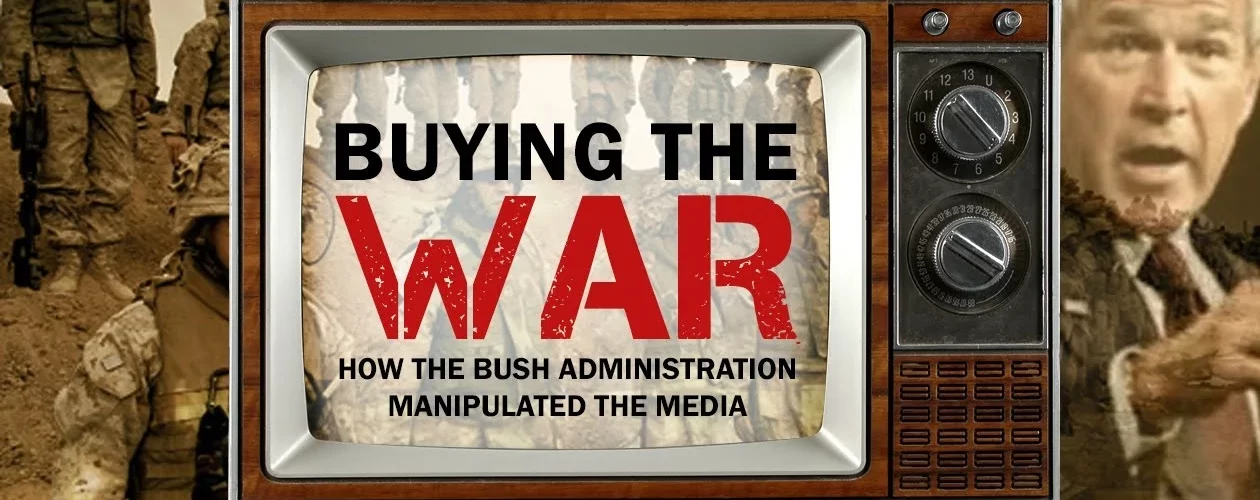The role of the media in shaping public opinion and supporting government narratives during the lead-up to the Iraq War in 2003 has often been overlooked in television documentaries. This film delves into how the media, instead of maintaining its independence and skepticism, aligned itself with the government’s agenda, ultimately leading the nation into a disastrous war.
In the aftermath of the September 11, 2001 attacks, a wave of patriotism swept through the United States, fostering a climate where questioning the government’s actions was equated with being unpatriotic. The Bush Administration capitalized on this sentiment, misleading the public into believing that attacking a country that had not posed a direct threat was necessary.
Journalists found themselves under pressure to toe the government line, with little room for critical analysis or scrutiny. Those who dared to question the decision to invade Iraq were swiftly denounced. Furthermore, media outlets faced backlash from advertisers and viewers when they reported on civilian casualties, leading to directives to downplay such coverage and instead emphasize the justifications for war.
Saddam Hussein was vilified as the enemy, with unsubstantiated claims linking him to the 9/11 attacks. Despite lacking concrete evidence, the government manipulated intelligence to build a case for war, resulting in the deployment of troops and the loss of countless lives.
The consequences of the Iraq War were profound and far-reaching. The conflict dragged on for nearly a decade, surpassing the duration of World War II, and costing over one trillion dollars. The toll in human lives, both American and Iraqi, was staggering, leaving the country in chaos and instability.
As the film explores these sobering realities, it prompts viewers to reconsider the narrative surrounding the Iraq War and reflect on the lessons learned from this troubling chapter in history.





Add comment